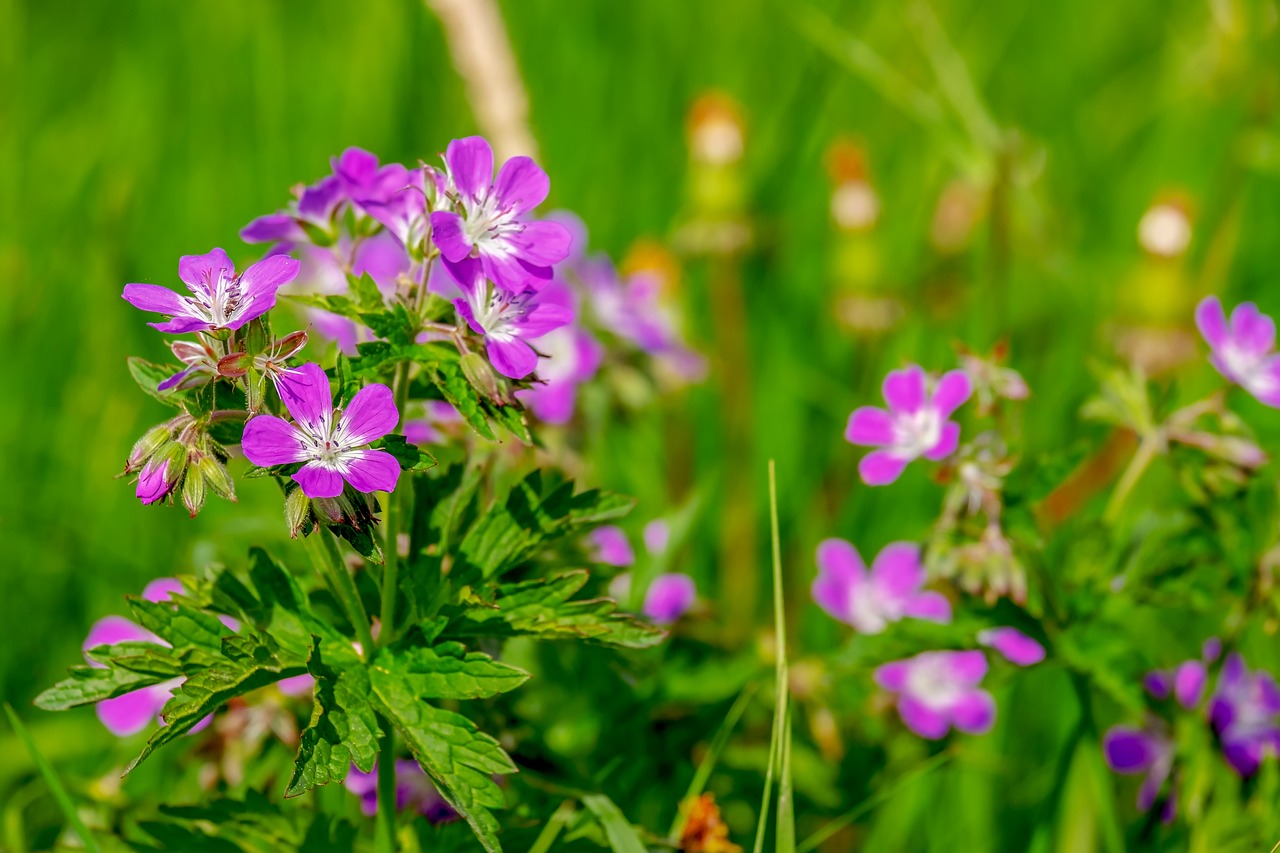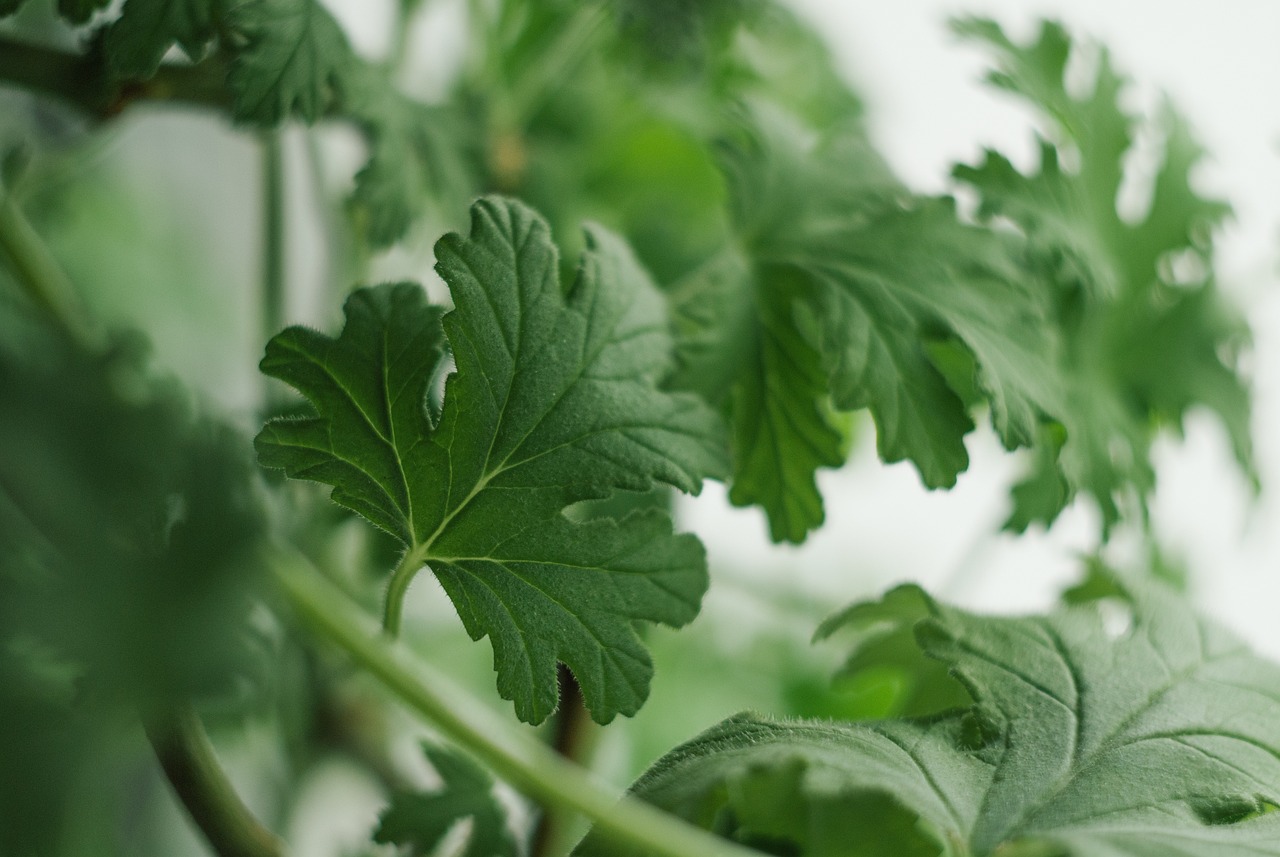Weeds are an unavoidable part of yard care, as any gardener knows. Fortunately, there are numerous options to assist you manage them.
While many over-the-counter solutions contain harsh chemicals, you may prepare an organic alternative with an ingredient that is probably already in your pantry: vinegar.
Household vinegar contains acetic acid, which can effectively kill weeds. Ahead, we’ll show you how to produce a vinegar weed killer by adding dish soap and salt, as well as how it works.
How Vinegar Weed Killer Works
Vinegar’s acetic acid functions as a contact herbicide. “The acid in vinegar breaks down cell walls and removes moisture from weeds, causing them to die,” says Rebecca Sears, chief gardening expert at Seeds of Change. “Kitchen vinegars, such as white vinegar, have an acidity level that can assist eradicate weeds.
When to Use Vinegar Weed Killer
Use vinegar weed killer when the weeds are actively growing and not stressed by the drought. The optimum time of day to apply vinegar weed killer is usually in the early morning or late afternoon when temperatures are moderate, because high heat might cause the solution to evaporate too quickly.

“Vinegar-based weed killers should be applied on a day when no rain is expected for at least 24 hours,” says Craig Elworthy, the founder of Lawnbright.
How to Make a Vinegar Weed Killer
While vinegar is the key ingredient in this DIY weed killer, Elworthy recommends adding a few drops of dish soap to help the vinegar attach to the weeds and penetrate their waxy surfaces more efficiently.
Materials Needed
- 1 gallon vinegar
- 1 tablespoon of dish soap
- 1 cup salt
Steps
- Combine one spoonful of dish soap with the vinegar.
- Optional: Add 1 cup of salt.
- Mix the solution thoroughly until all ingredients are well incorporated.
- Pour the necessary amount into a garden sprayer.
Adding Salt
Adding salt to a vinegar weed killer is optional, although it can enhance the solution’s effectiveness. “Salt can act as a desiccant and help dehydrate and kill the weeds,” according to Elworthy.
How to Use Vinegar Weed Killer
When applying vinegar to garden weeds, wear gloves to protect your skin from irritation. Once you’ve been suitably protected, apply the weed killer to broadleaf weeds, focusing on the leaf tissue. Elworthy recommends letting the vinegar weed killer soak on the weeds for many hours or overnight. “You should notice a significant difference by the next day.”
Limits of Vinegar Weed Killer
Vinegar weed killer is an excellent and organic approach to control weeds, but it has some limits. “Vinegar typically acts as a contact herbicide, meaning it only affects the parts of the plant it directly contacts,” Elworthy adds. This means that while it will eliminate weeds in your garden, it may also accidentally kill other attractive plants.
Another drawback of vinegar weed killer is that it does not typically have residual effect in the soil, so it may not prevent weed regrowth from seeds or roots that remain in the soil.
“For this reason, it’s not effective on weeds with deep root systems like dandelions, as the herbicide does not get drawn down into the taproot,” Elworthy explains.
Finally, vinegar weed killer can significantly alter the pH of your soil and harm beneficial bacteria, so use it sparingly.
Long-term Weed Management
Because of its limitations, vinegar weed killer should not be your only option for weed control. “The best kind of weed control is multifaceted,” explains Eva Reutinger, a horticultural specialist.
You should never rely just on one strategy; a combination of hand pulling, organic herbicide use, and careful planting selection will be most effective.” Weeds can be handled efficiently and naturally. by planting ground coverings, spreading mulch, and keeping plants healthy.








